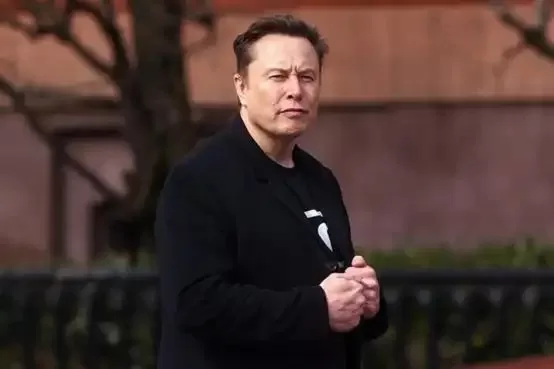
NEW YORK, July 6 (WSH) — Billionaire entrepreneur Elon Musk has officially launched a new political party, the “American Party,” after a public fallout with U.S. President Donald Trump. Musk claims the party will represent 80% of centrist voters and aims to compete in the 2026 midterm elections. However, political analysts have identified six major obstacles that could undermine his ambitious endeavor: systemic barriers, historical precedent, strategic limitations, voter fragmentation, difficulty attracting allies, and Musk’s own personality.
Winner-Takes-All System Poses Structural Challenge
Hans Noel, a political science professor at Georgetown University, noted that the U.S. electoral system is inherently hostile to third parties. “You must win entirely to gain anything,” he said, unlike in many parliamentary democracies where smaller parties can secure seats with 20–30% of the vote. Additionally, to run candidates nationwide, the American Party must navigate varied ballot access rules across all 50 states.
History is Not on His Side
The last third-party presidential candidate to win any electoral votes was George Wallace in 1968. Even billionaire Ross Perot, despite winning nearly 19% of the popular vote in 1992, failed to carry a single state. Ralph Nader’s 2.7% share in 2000 was blamed for tipping the Florida result and the presidency to George W. Bush.
Disruptive Role Rather Than Victory
Mac McCorkle, professor at Duke University’s Sanford School of Public Policy, said the American Party is unlikely to win seats but could play spoiler, particularly in battleground states like North Carolina. He warned that Trump’s MAGA base could splinter, giving Musk’s movement unexpected traction.
Unclear Base Among ‘Centrist’ Voters
Experts also question the party’s claimed base. “The so-called 80% of centrists is ill-defined,” Noel said. “Many Americans are disillusioned with both parties but still emotionally attached to them.” The American Party may struggle to convert dissatisfaction into genuine support.
Lack of Political Allies
Musk’s open feud with Trump has weakened his ties within the Republican establishment. Noel stressed that even with financial resources, a new party needs loyal ground-level activists to survive electoral defeats and push forward — something money alone can’t buy.
Musk’s Personality May Be the Greatest Barrier
Musk’s temperament could be his undoing. “I don’t see him having the patience for the tedious work of party-building,” said McCorkle. “This seems less about ideology and more about personal revenge — an attempt to dismantle Trump’s political legacy.”
As Musk enters the political arena, his “American Party” promises to disrupt the status quo — but whether it can evolve into a sustainable force remains uncertain.




